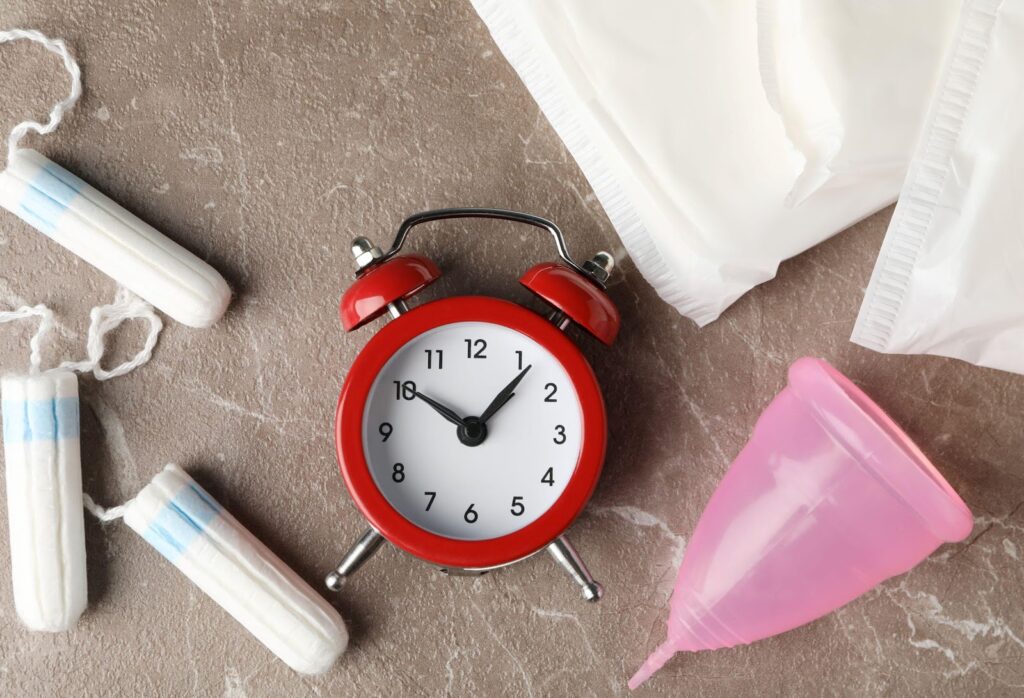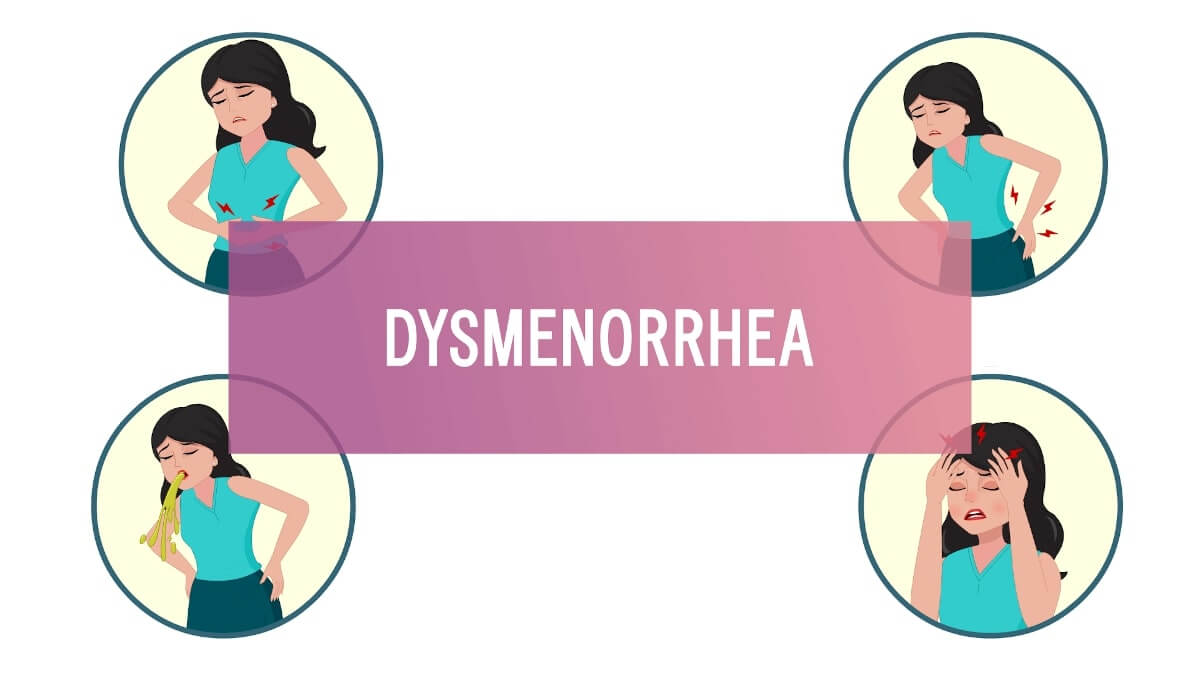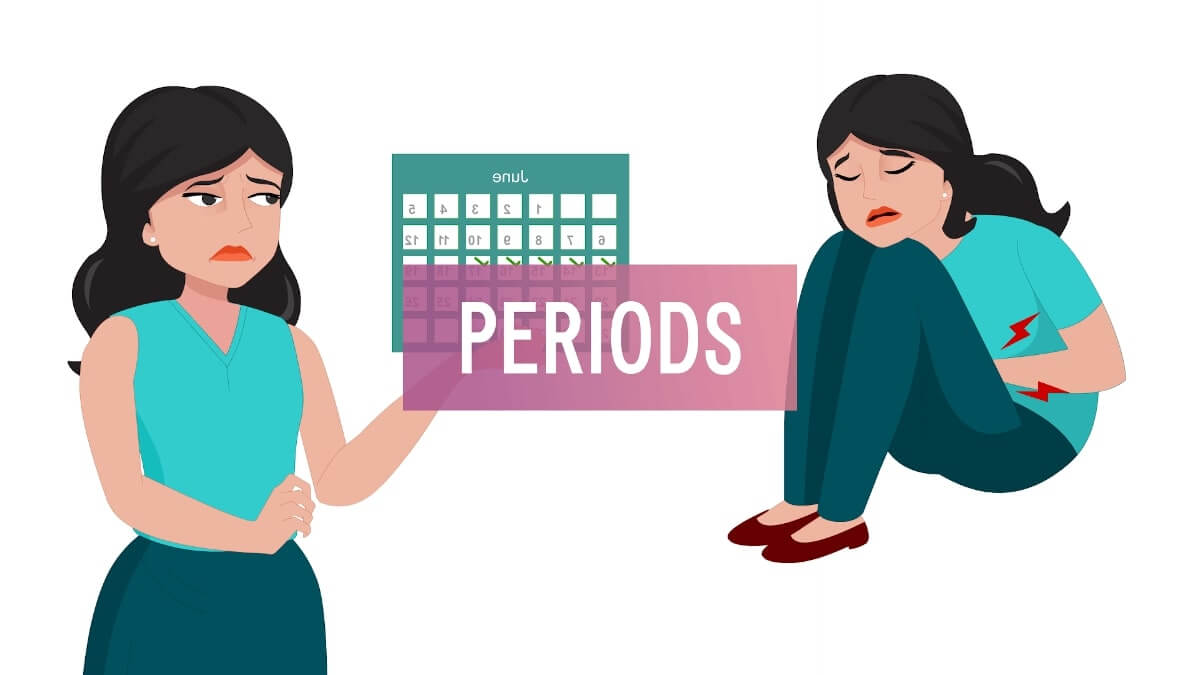The menstrual period can pass by smoothly with adequate hygiene precautions and sufficient rest.
When the egg released by the ovary is not fertilized, the egg, along with the uterine lining, was prepared to receive the implantation of a fertilized egg, breaks and shed out of the body. This waste contains blood, mucous, and lining tissues and is collectively called menstrual blood.
Every woman gets her period four to five days a month. While it may not be an experience one looks forward to, but it should definitely not come in the way of your normal life.


Some of the ways in which menstrual hygiene can be maintained are as below:
● Change sanitary napkin every 4-5 hours: Once the menstrual blood leaves the body, it begins to decompose gradually. Keeping the used, damp pad close to the vaginal area and skin for long periods of time exposes the area to bacterial infection and itching, causing irritation, allergy, painful rashes, or urinary tract infections. Changing napkins or tampons regularly reduces the chances of such infection. Tampons, especially if left inside the body for long hours, though rare, can lead to toxic shock syndrome.
● There are multiple choices available in the market for commercial sanitary products, and it is important to choose sanitary products with an absorbency level appropriate for the menstrual flow.
● While some girls pair up sanitary pads with cloth, tampons, or another pad during periods, it may not be a good idea. Changing regularly is a better option. Multiple pads/ tampons can lead to rashes and infections.
● To prevent transmitting the bacteria found on the used hygiene product to the body via the hands, one should wash their hands with soap after changing the menstrual product.
● It is advisable to keep an extra pair of underwear handy to be used during the period if going out. If the underwear is stained, it should be changed and washed. It is not hygienic to walk around in stained underwear.
● The outer skin of the vagina has folds that can cause blood accumulation that may lead to bad odor, hence wash regularly. Washing the correct way is also important. Wash from vagina to anus, not the other way around, as it can lead to transmission of bacteria.
● The vagina is a self-cleaning organ. It is very important that its natural flora is not disturbed. Doctors recommend washing the genital area with plain warm water and mild soap. Harsh soaps, deos, and perfumed products should be avoided as the chemicals in these products can react strongly to the skin.
● In the night, when one is asleep, the body functions slow down, and the bleeding intensity decreases; hence it is fine to wear one pad overnight unless there is heavy bleeding or staining.
● Unhygienic absorbents or improper hygiene during periods can also be associated with Reproductive Tract Infections, which can damage the uterine wall, ovaries, and fallopian tubes.
● Sanitary pads and tampons should be disposed of safely. It should be wrapped in the wrapper of the new one or toilet paper and then thrown in the bin. This will help block the smell and prevent the spread of bacteria, which can build up in there over time.
● Menstrual cups should be washed at least once a day in warm water and antiseptic liquid to remove all germs.
Conclusion
Maintaining personal period hygiene is the key to a safe and peaceful menstruation process. Without the right information for period hygiene, one may end up suffering more than needed. Small, basic steps are enough to maintain proper menstrual hygiene and avoid infections or other unpleasant experiences.
Special Thanks to Dr. Reena Wahi (MD, FRCOG, FICOG, DNBE, DGO, DFP, FCPS) for the expert advice.






